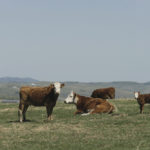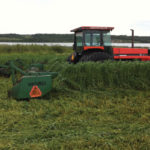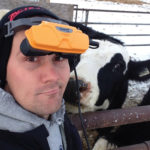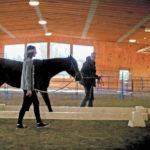
Is this the year that winter wheat makes a comeback?
Squeezing winter wheat seeding into a crammed harvest period is usually a big issue

Producers pick the topics for popular Bov-Innovation event
The event is designed to be quick paced and full of practical advice you can put to use on your ranch right away

Three ways to manage tough weeds on organic farms
Using green manure, increasing seeding rates, and incorporating mechanical weed control can help organic producers manage weeds on their operations

They’ve got your back — meet four new Alberta researchers
Ag Canada’s newest researchers are working on issues that hurting or holding back producers today — or will in the future

Are there healthier calves and higher profits in your future?
Preg checking, pain mitigation, and preconditioning all open avenues to better and more profitable performance

U of A researcher first Canadian to win major international award
Lorne Babiuk, vice-president of research at University of Alberta, has helped develop six vaccines and made major contributions to animal health

Deadly cattle condition called fog fever returns to the Prairies
Cases of fog fever, a type of pneumonia that causes severe cattle mortality, have been recently diagnosed in Alberta
University of Saskatchewan develops vaccine for PED

Field testing underway on Canadian PED vaccine

Working with horses offers a lifeline to vets
Alberta-based equine therapy program teaches veterans how to communicate with their loved ones

